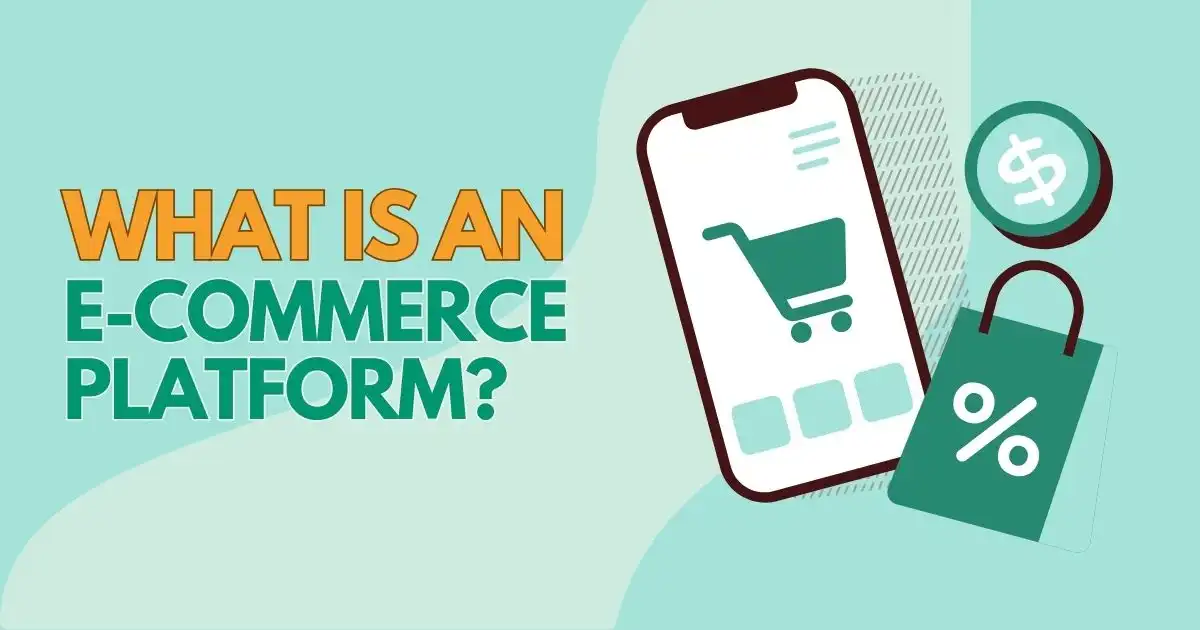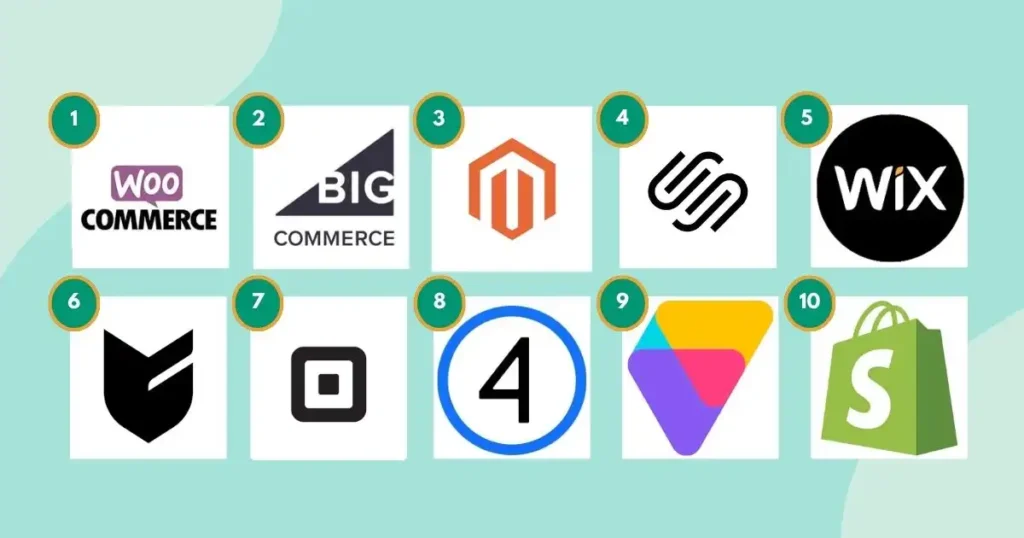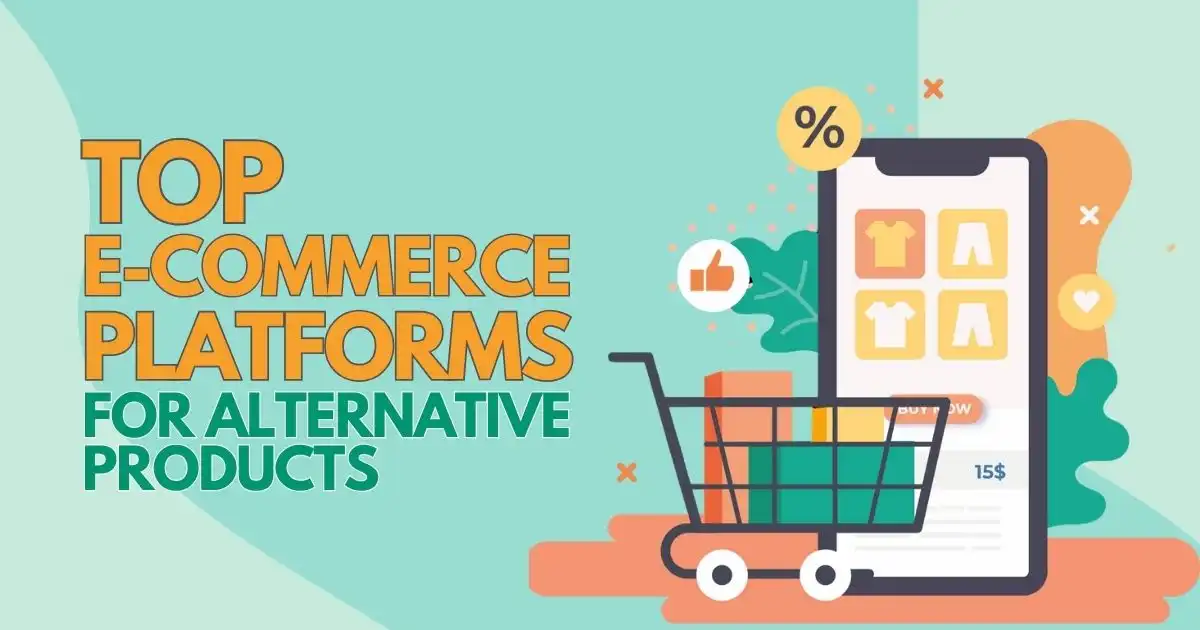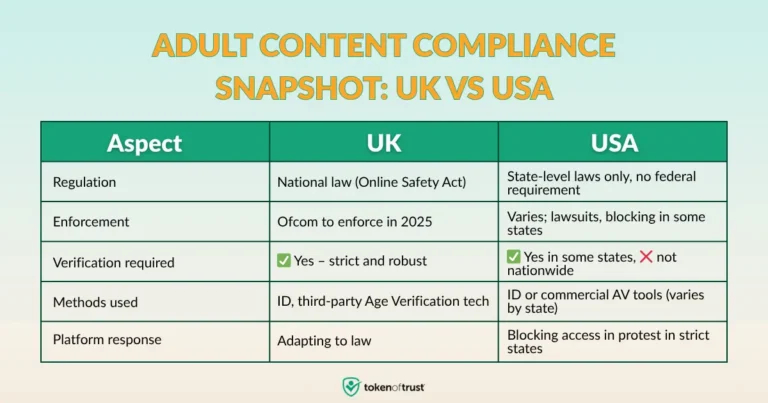Top E-Commerce Platforms for Alternative Products
If you’re a small business owner selling products online, then, indeed, choosing the right e-commerce platform is essential for connecting with customers and driving sales. In particular, the best platforms offer the necessary tools for website design, shipping, inventory management, and payment processing. For example, Shopify excels in areas like shipping and inventory management. On the other hand, WooCommerce stands out in website design, while BigCommerce, by contrast, is especially known for its affordability.
To help you make an informed decision, we are pleased to provide you with a list of 10 popular e-commerce platforms, focusing on key factors such as cost, features, customer support, and reputation. As such, we present our rankings of the top e-commerce software systems, which, ultimately, should assist you in finding the platform that best suits your needs.
Do you Know What an Alternative Product Is?
An alternative product, therefore, is an item presented as a replacement or comparable choice to the one a customer is currently viewing or considering. Specifically, these alternatives offer similar functions or benefits, allowing customers to choose based on factors such as price, brand, quality, or specific characteristics.
For instance, consider vaping as an alternative to tobacco. Vaping products, like e-cigarettes or vape pens, are, indeed, often marketed as alternatives to traditional tobacco products, such as cigarettes.
Moreover, many buyers turn to vaping as a substitute, aiming to reduce harm, avoid smoke, or explore various nicotine levels or flavors. In this context, e-commerce platforms may offer vape products as alternatives to tobacco, thus catering to consumers seeking a different experience or method of nicotine consumption.
What Is an E-Commerce Platform?

An e-commerce platform is a software solution that allows businesses to create and manage their online stores. It encompasses everything from website hosting and payment processing to website design and more. Essentially, it provides all the tools you need to run your store in one convenient location. Popular examples of e-commerce platforms include Shopify, Wix, and Squarespace.
The best e-commerce platforms offer a wide range of qualities and integrations, making it easy to customize your store to fit your needs. They are also user-friendly, allowing you to set up your store quickly and without any hassle.
The Top 10 Ecommerce Platforms

1. WooCommerce
WooCommerce is a free, open-source plugin that transforms WordPress sites into fully functional online stores. It’s particularly appealing for users already familiar with WordPress, as it allows them to integrate ecommerce capabilities seamlessly into their existing websites. Additionally, this integration streamlines the process and enhances the overall functionality of their sites.
Features:
- Free core plugin, with numerous paid extensions available.
- Supports a wide range of payment processors and integrations.
- Mobile app for product management and order tracking.
- Native POS system available.
- Strong community support with extensive documentation.
2. BigCommerce
BigCommerce is geared toward larger businesses and enterprises, offering powerful tools to support high-volume sales and complex ecommerce needs. It provides robust qualities for international selling, SEO, and product listing management across various platforms, making it ideal for scaling businesses.
Features:
- Multi-channel sales integrations, including Amazon and Google Shopping.
- Built-in tools for SEO and advanced product management.
- Mobile app for inventory management and analytics.
- No native POS system, which may limit in-person selling options.
- Plans start at a competitive price point, catering to larger businesses.
3. Magento
Adobe Commerce, formerly known as Magento, is a highly customizable ecommerce platform, especially suited for larger businesses or those with specific technical requirements. Moreover, it offers extensive flexibility in both design and functionality. However, it often requires in-house development resources to fully leverage its capabilities.
Features:
- Supports custom store designs and extensive feature customization.
- Integrates with Amazon and other sales channels.
- Robust reporting and analytics tools.
- Lacks built-in features for social commerce and marketplace selling.
- Custom pricing based on business needs, which can vary significantly.
4. Squarespace
Squarespace is known for its sleek, professional templates and user-friendly design interface. It allows users to create beautiful websites that can be transformed into ecommerce stores with a higher-tier plan. Squarespace focuses on aesthetics, making it a great choice for creatives.
Features:
- Professionally designed templates for a visually appealing storefront.
- Secure checkout and support for multiple payment gateways.
- Inventory tracking and management features.
- Option to sell subscription products.
- No transaction fees on sales.
5. NetSuite
NetSuite’s SuiteCommerce is designed for growing businesses that need a unified network to manage both online and in-store sales. With features integrating ecommerce, POS, inventory, and financials, SuiteCommerce provides real-time visibility and operational efficiency, making it ideal for businesses seeking to streamline and scale.
Features:
- Unified network for e-commerce, POS, inventory, and financials.
- Supports both B2B and B2C sales with customizable, mobile-optimized storefronts.
- Drag-and-drop tools for easy content and promotion management.
- Integrated CRM for a comprehensive view of customer data.
- Real-time inventory management across all locations.
6. Big Cartel
Big Cartel is an ecommerce platform specifically designed for artists and makers. It offers a straightforward approach to selling online, making it easy for small-scale creators to set up their stores without the complexity of larger platforms.
Features:
- Free plan available for listing up to five products.
- Simple setup with essential ecommerce features.
- Focused on artists and creatives, fostering a community vibe.
- Basic inventory management and product customization options.
- Low monthly fees for paid plans based on product listings.
7. Square Online
Square Online, formerly known as Weebly, is an e-commerce platform that integrates seamlessly with Square’s payment processing system. Consequently, it’s ideal for small businesses looking to manage both online and in-person sales through a single, unified set-up.
Features:
- Free option to start building your store, with paid upgrades available.
- Mobile-first designs for an optimized shopping experience.
- Integration with Square’s payment system for streamlined transactions.
- Limited advanced features compared to other platforms.
- Easy to set up for businesses already using Square for retail.
8. Shift4Shop
Shift4Shop is a straightforward ecommerce platform that allows users to create online stores with ease. It’s designed to be user-friendly and offers mobile-friendly designs, making it accessible for small businesses and beginners.
Features:
- Free for users of Shift4Shop’s payment processing system.
- Integrates with major sales channels like eBay, Amazon, and Facebook.
- Basic shopping cart functionality with mobile optimization.
- API access for linking with other applications.
- Paid plans available for those not using Shift4Shop payments.
9. Volusion
Volusion is one of the older ecommerce platforms, focused on helping small businesses establish their online presence without unnecessary complexity. It provides tools important for setting up and manage an online store, though it may lack some advanced qualities.
Features:
- User-friendly set-up for building websites and product pages.
- Integrates with over 30 payment gateways.
- 24/7 customer support available.
- Restrictions on digital product sales and limited advanced features in basic plans.
- Monthly plans have limits on sales volume and product list.
10. Shopify
Shopify is a comprehensive ecommerce platform that allows businesses of all sizes to create and manage their online stores. It offers a user-friendly interface that make everything simple from website design to inventory management, making it suitable for entrepreneurs starting from home or larger brands expanding internationally.
Features:
- User-friendly store builder with over 100 mobile-friendly themes.
- Supports various sales channels, including social media and marketplaces.
- Built-in payment processing with customizable checkout options.
- Tools for abandoned cart recovery and targeted email campaigns.
- Offers a free trial with no credit card required.
Choose the Best E-Commerce Platform
Choosing the right e-commerce platform can be a bit overwhelming, especially for beginners. With so many options available, it’s important to understand the different qualities and benefits of each platform so you can make a good choice. To start, prioritize the essential qualities. First, make sure the platform offers reliable web hosting, as this will save you time and hassle. Next, look for payment processing options that accept various methods and have clear fees. Also, since security is crucial, ensure the platform includes qualities like SSL certificates to keep customer data safe.
In addition, web creation tools like templates can make setup easier, while marketing qualities such as social media integration can help improve your visibility. Along with these qualities, take a close look at the pricing structure of each platform.
Beyond the basics, focus on ease of use—for example, choose user-friendly designs like drag-and-drop builders. Reliable customer support is also important; so, check for different support options and their availability. Finally, look up customer reviews on trusted sites to see what others think about the platform. By considering these factors, you can choose an e-commerce platform that meets your needs and helps your business grow.
Streamlining Compliance and Security in E-Commerce
Compliance with customer verification and tax requirements is needed for all businesses. Token of Trust makes easier this process by offering robust identity verification tools that enhance security and ensure legal adherence. With its suite of solutions, e-commerce platforms can quickly and accurately verify customer identities, lessen the risk of fraud and maintaining compliance with age restrictions.
Key Benefits:
- Fast Verification: Token of Trust helps businesses confirm identities using government IDs and biometric checks, making it difficult for fraudsters to succeed.
- Age Verification: With tools to verify customers’ ages, e-commerce sites can safely sell age-restricted products, ensuring they follow legal requirements.
- Automated Processes: By automating identity checks, Token of Trust saves time and speeds up customer onboarding, making shopping easier for everyone.
- Data Security: Their strong encoding keeps sensitive customer information safe, building trust between businesses and buyers.
Token of Trust improves the security of e-commerce platforms and improves the customer experience, thereby allowing businesses to operate more confidently in the online marketplace.






